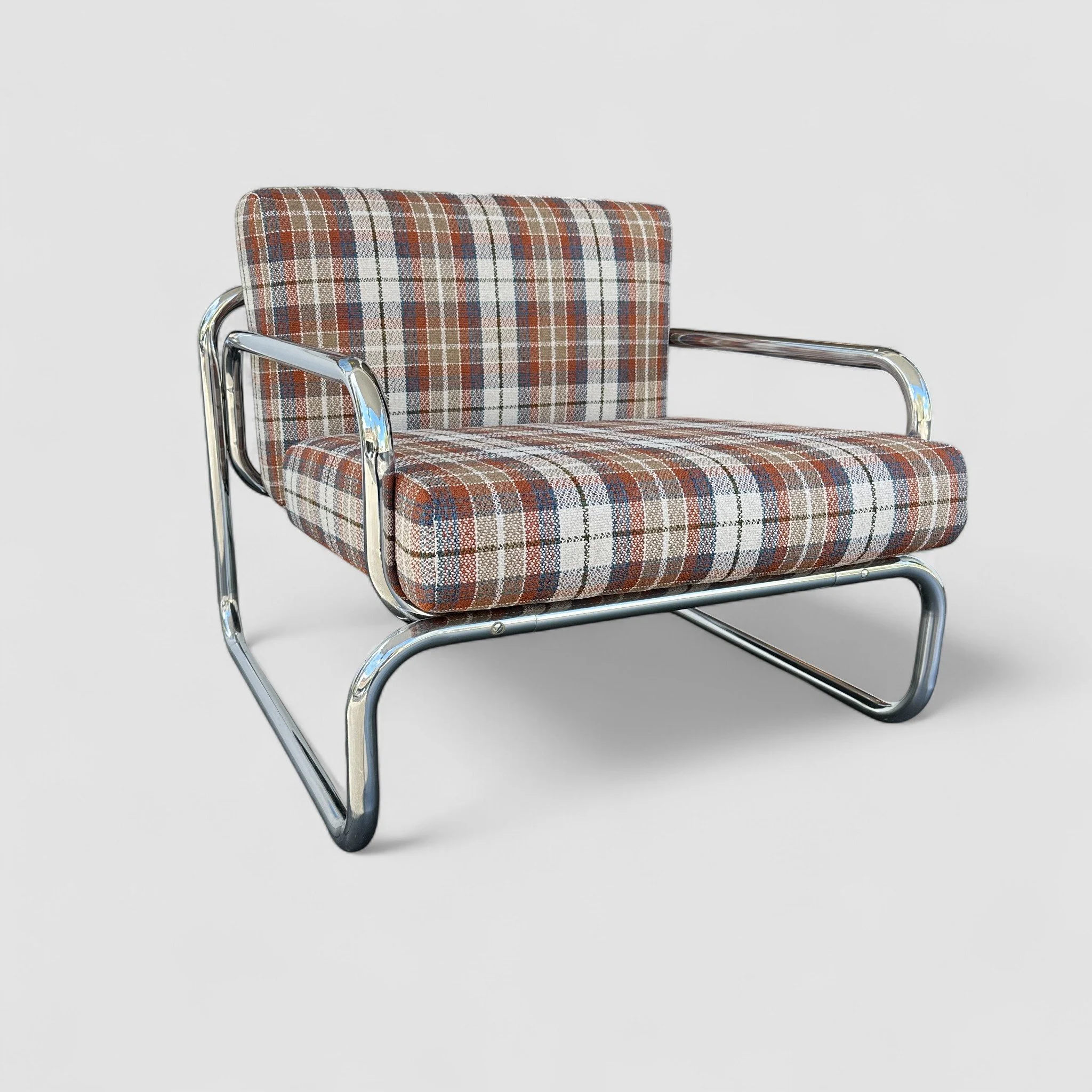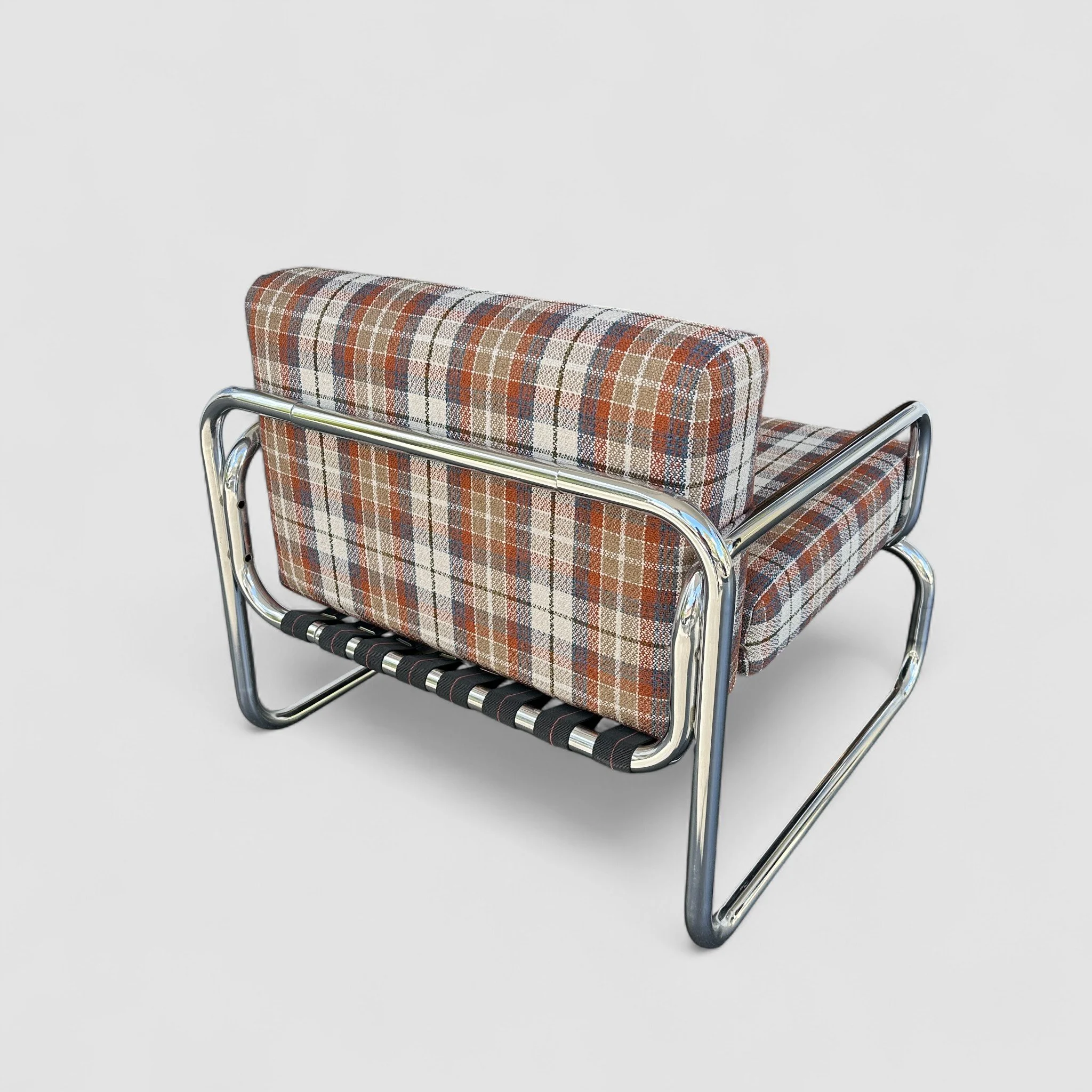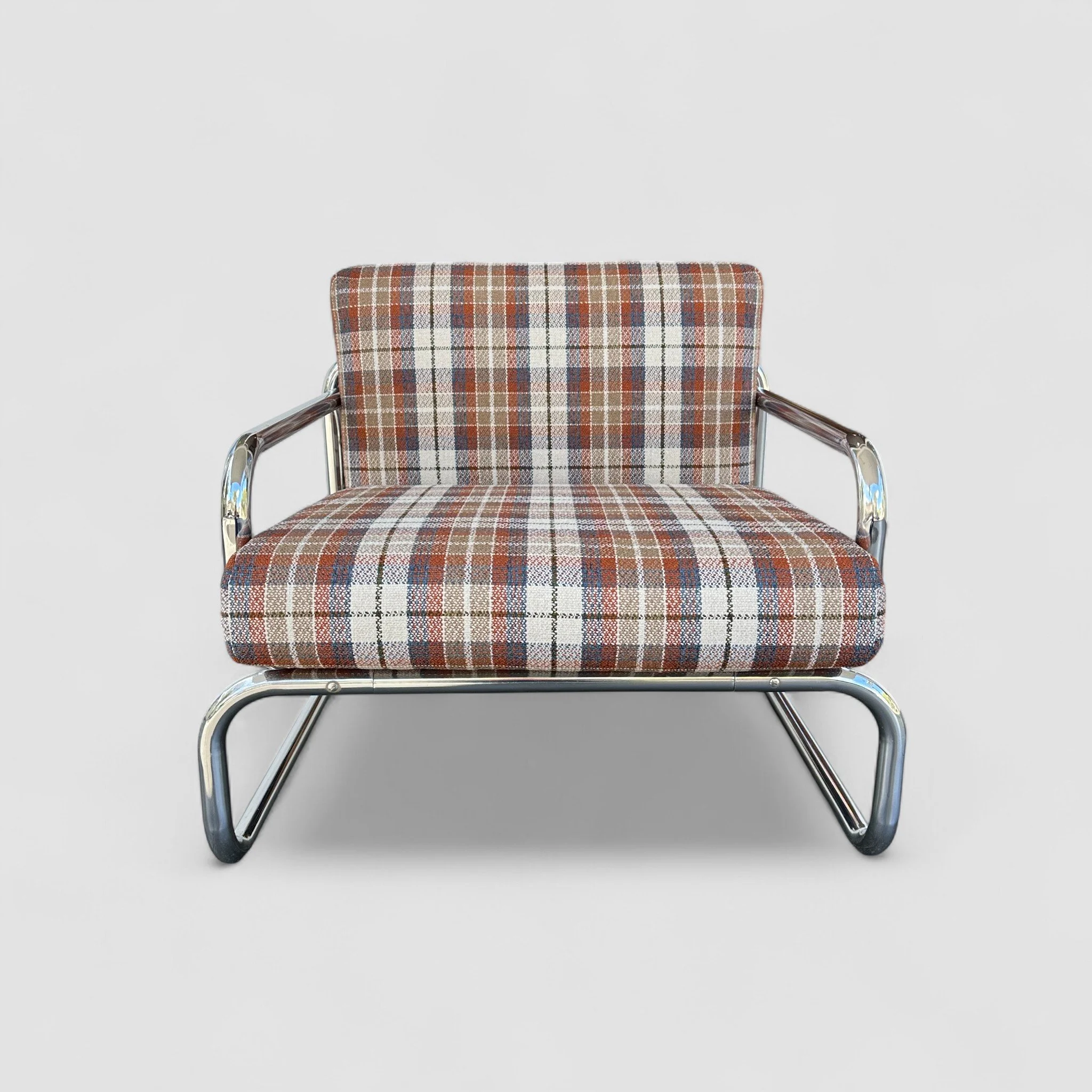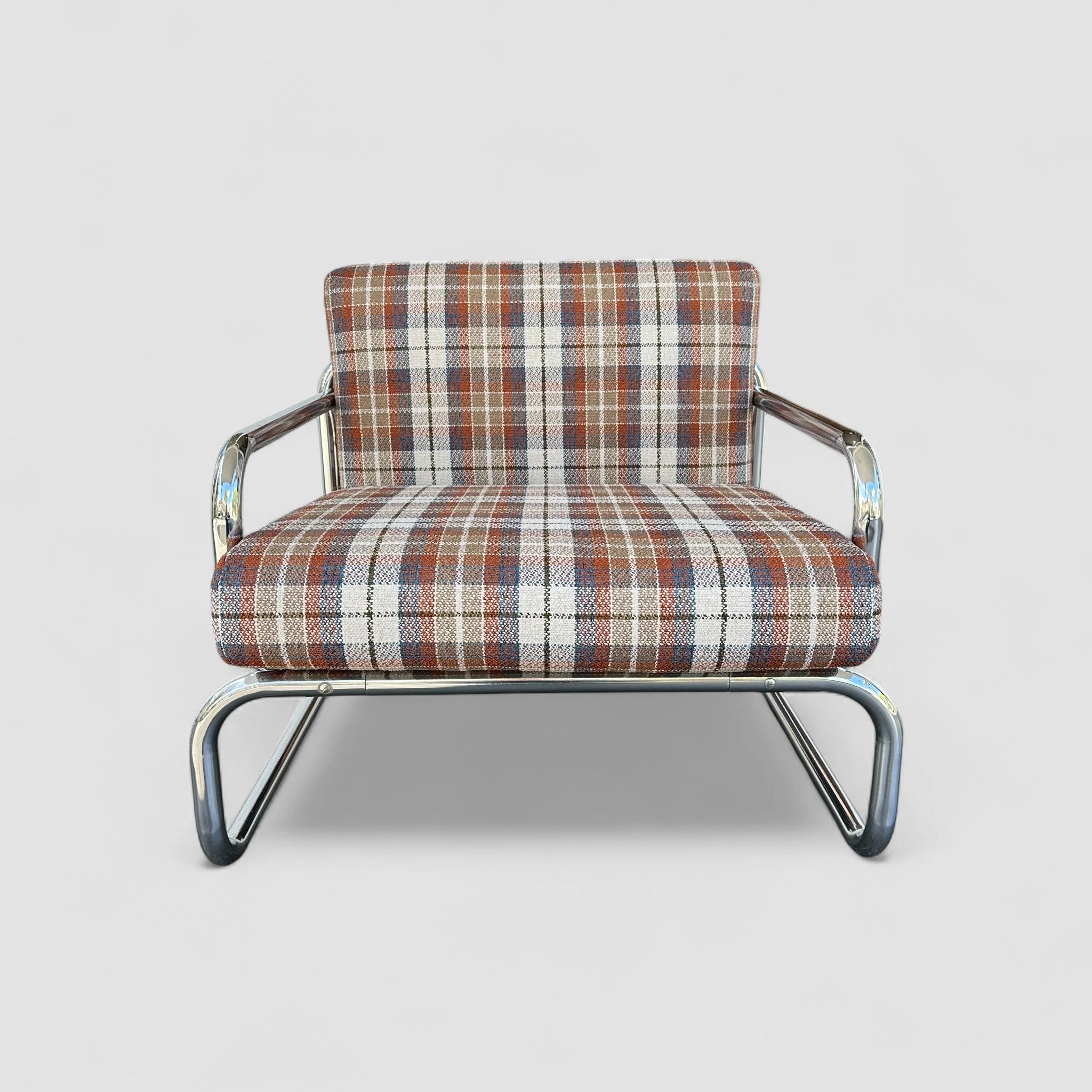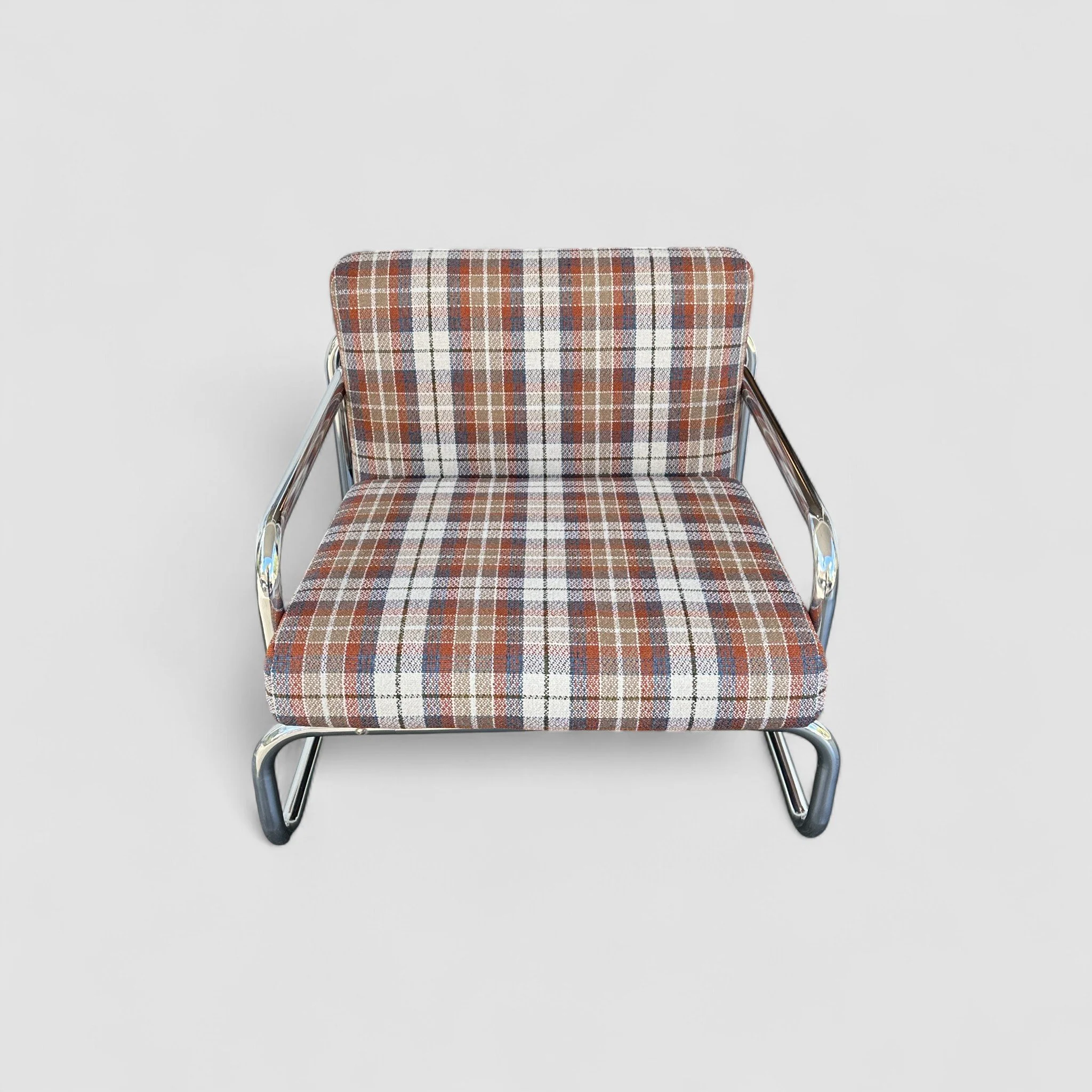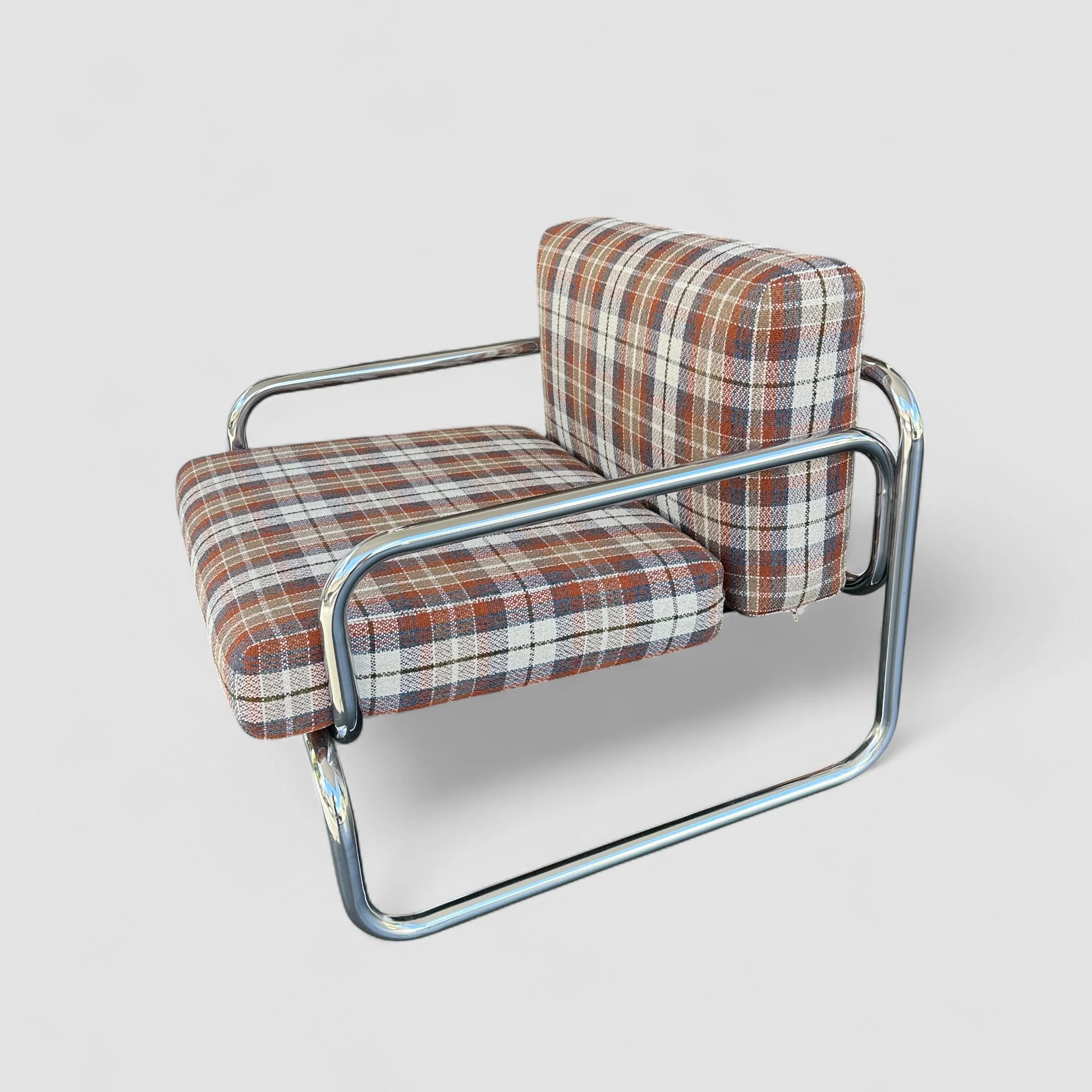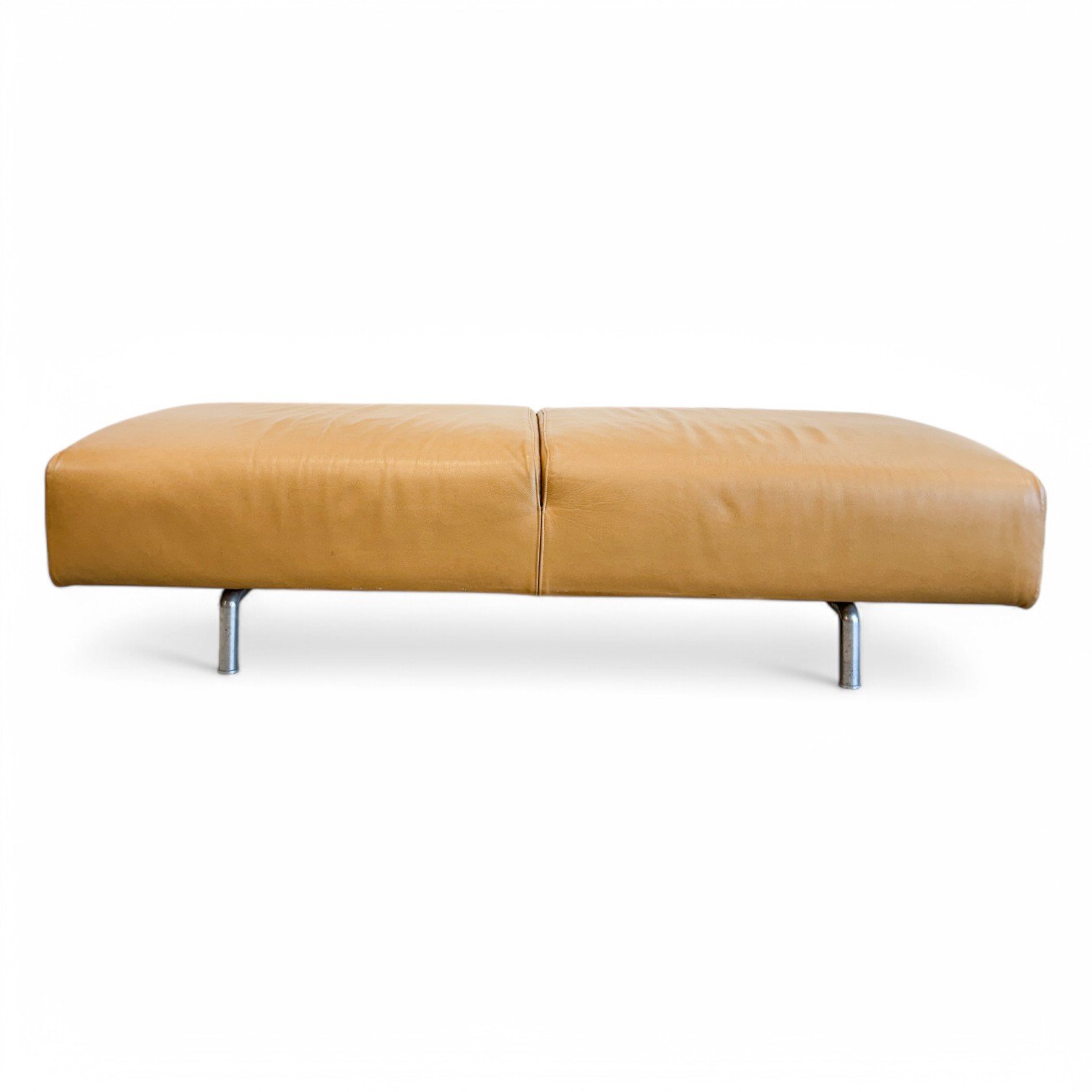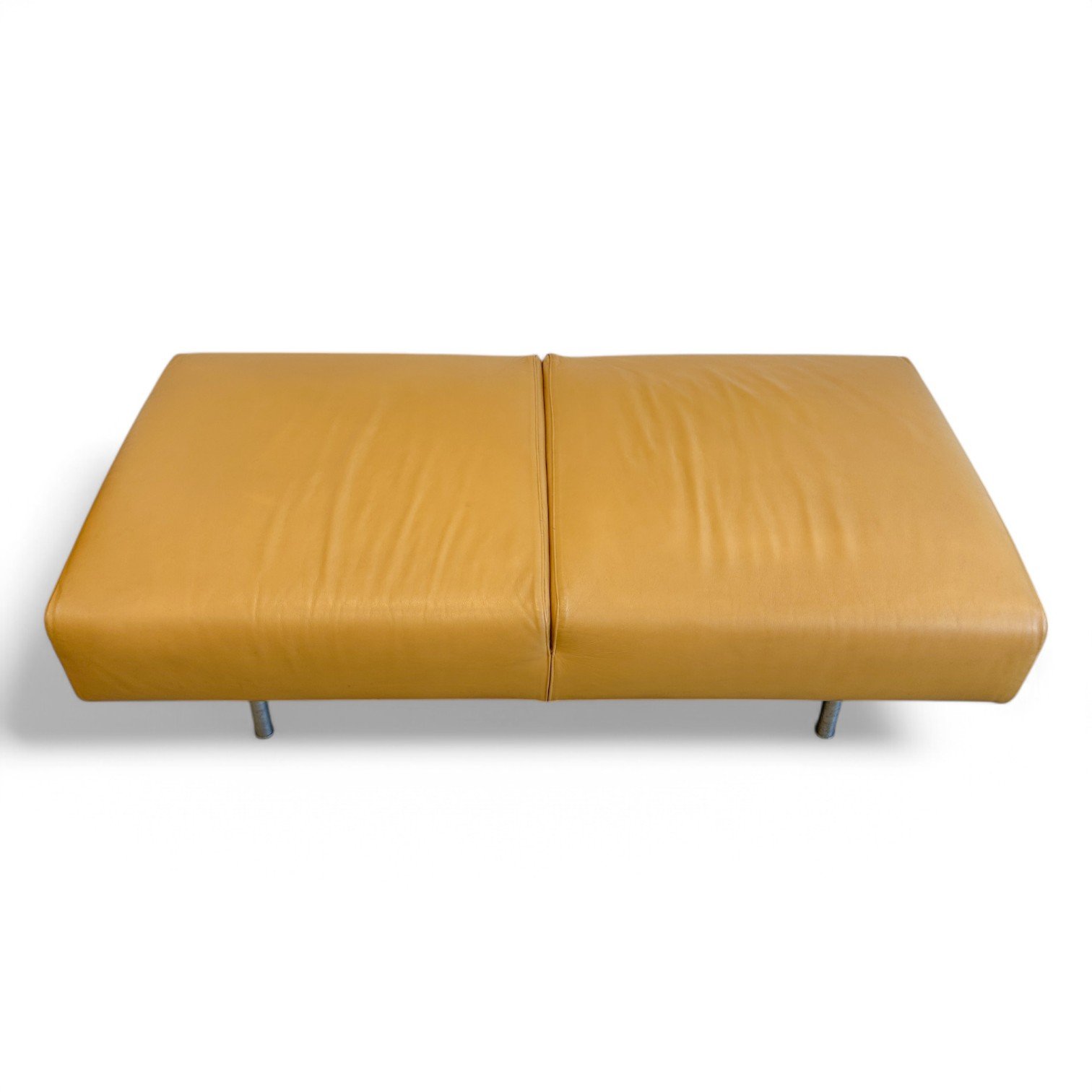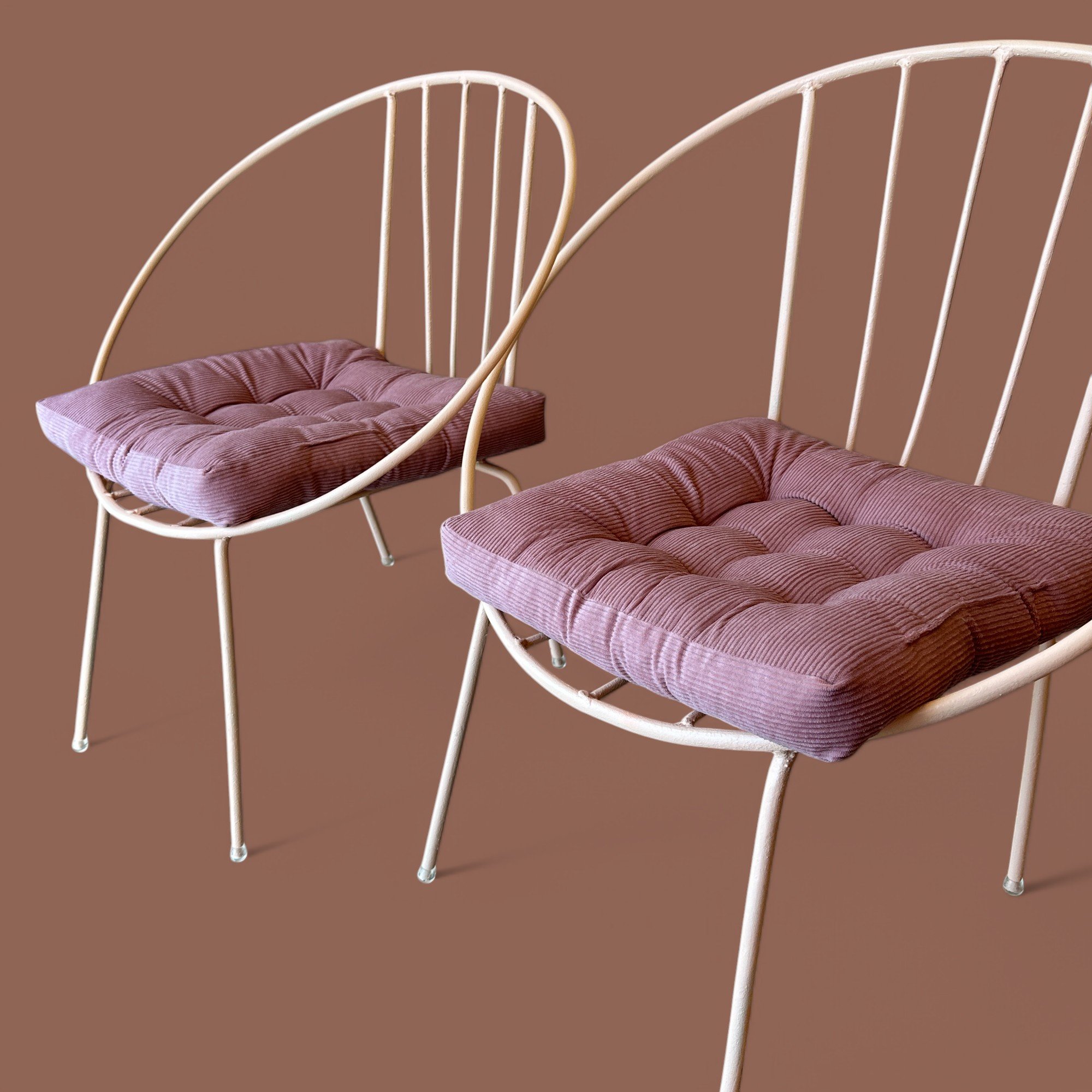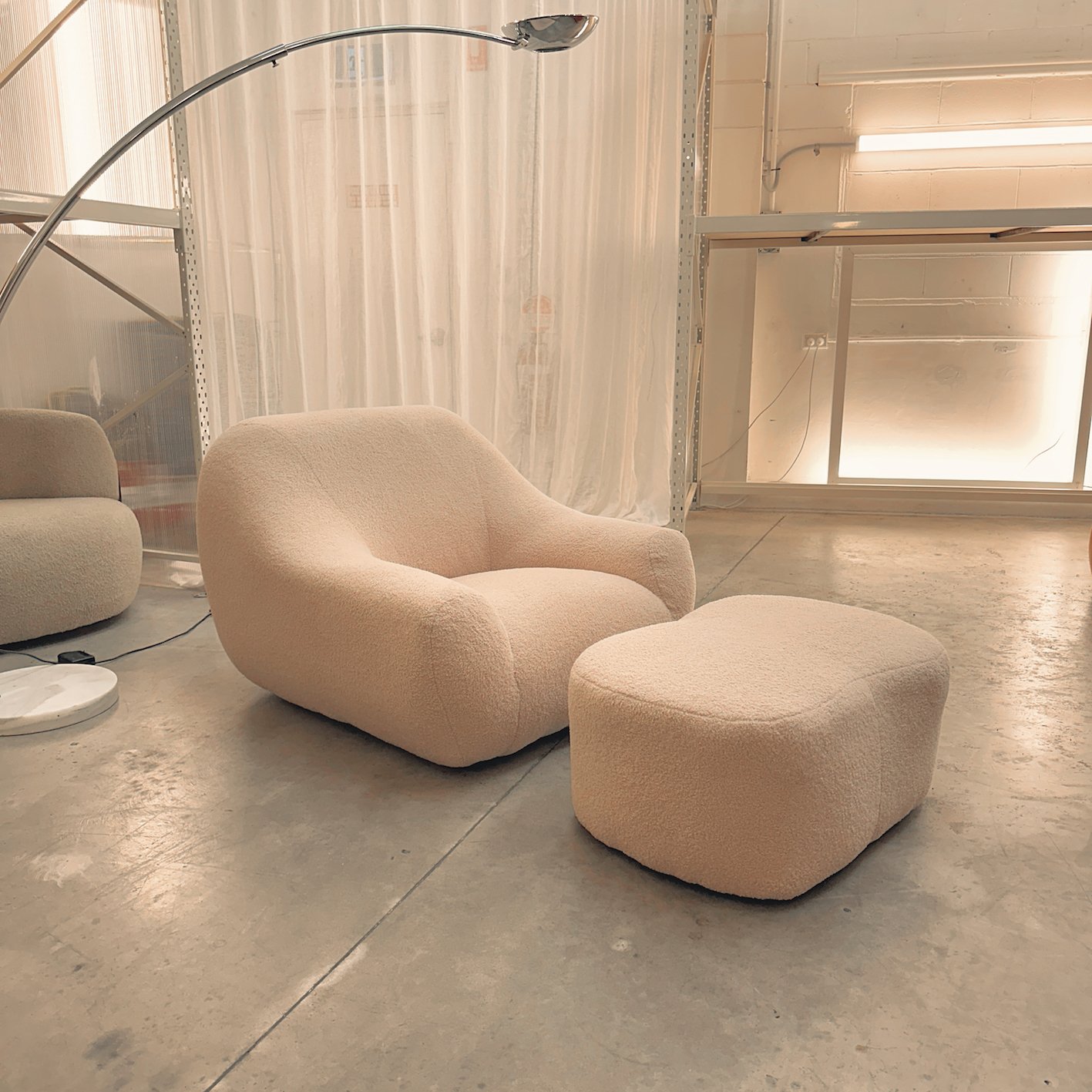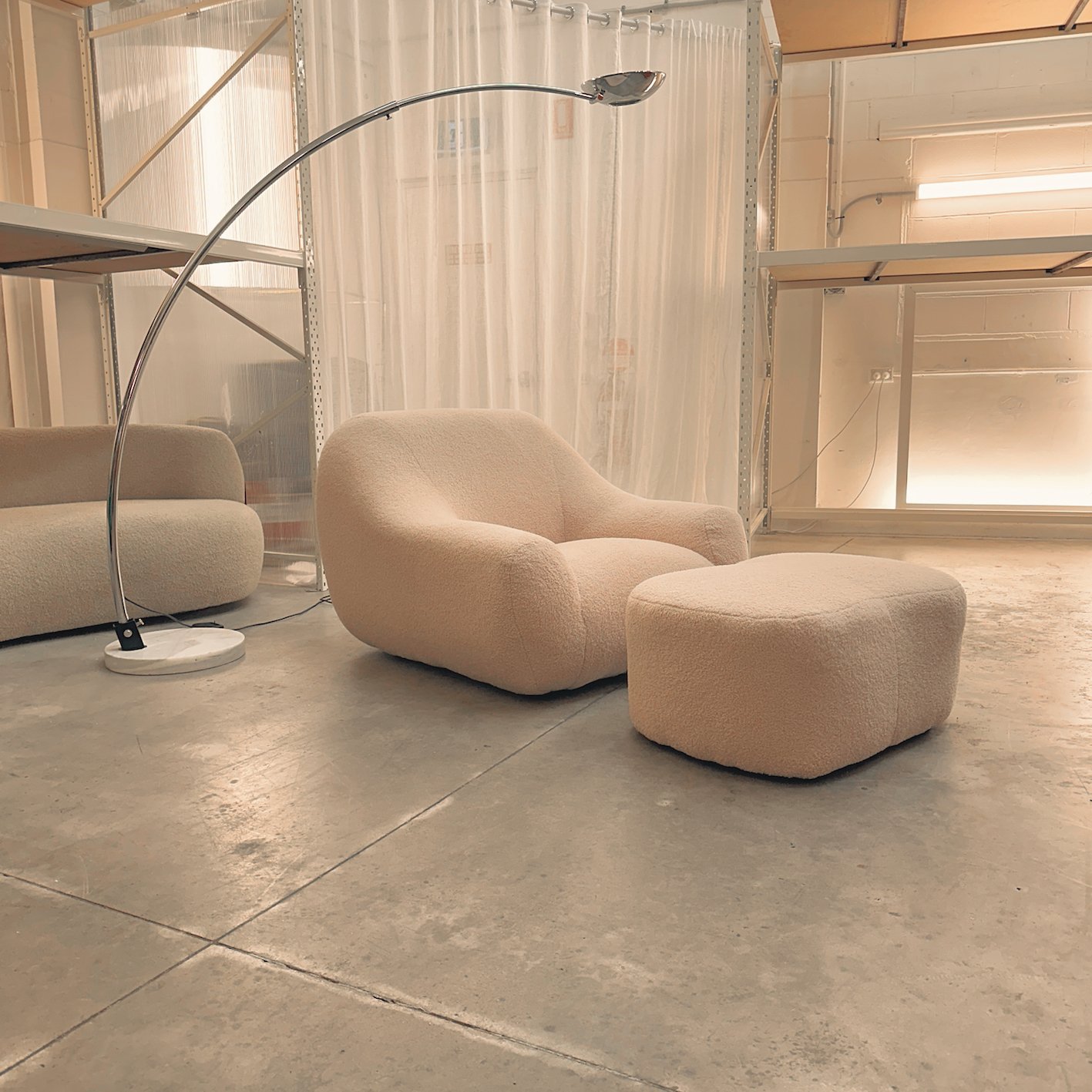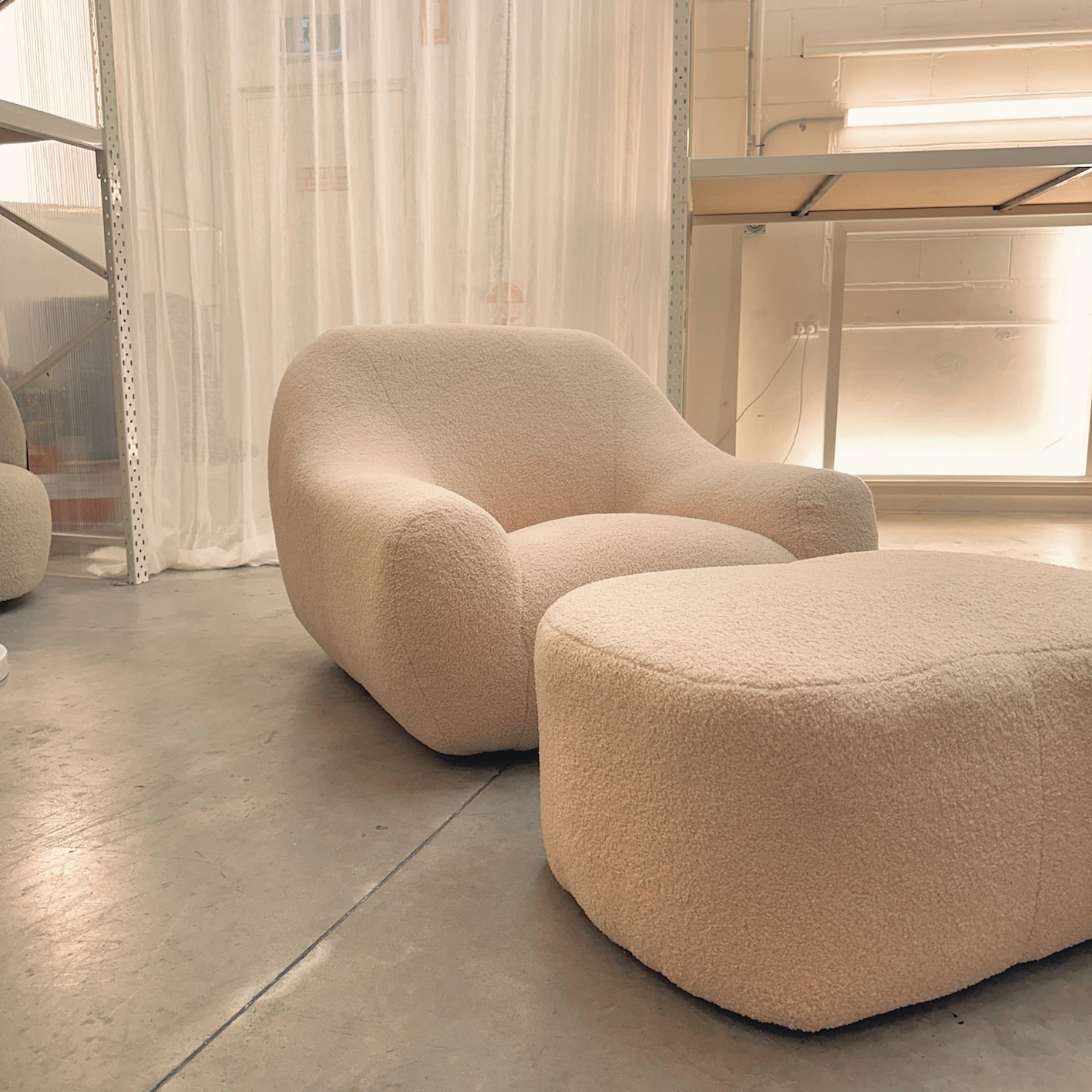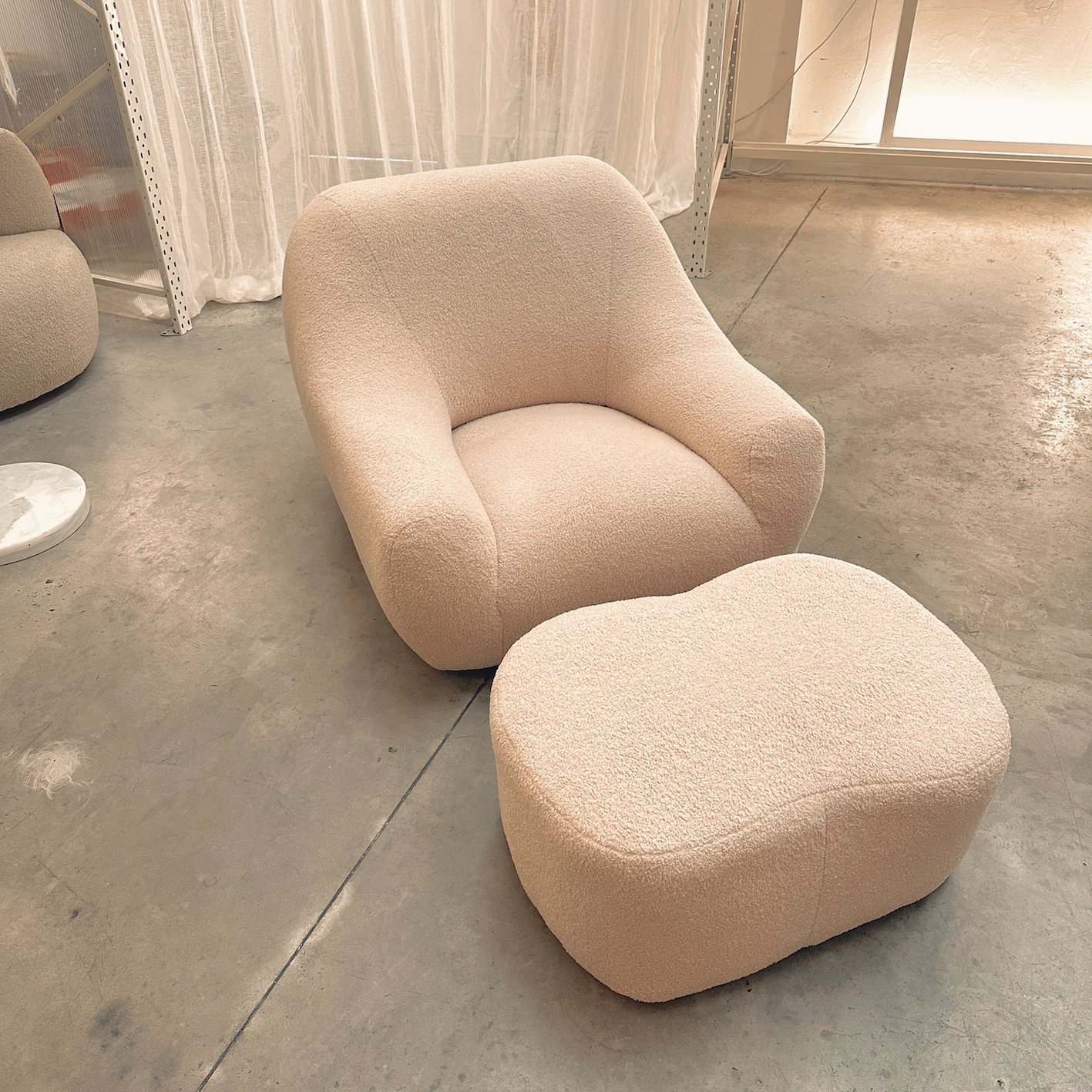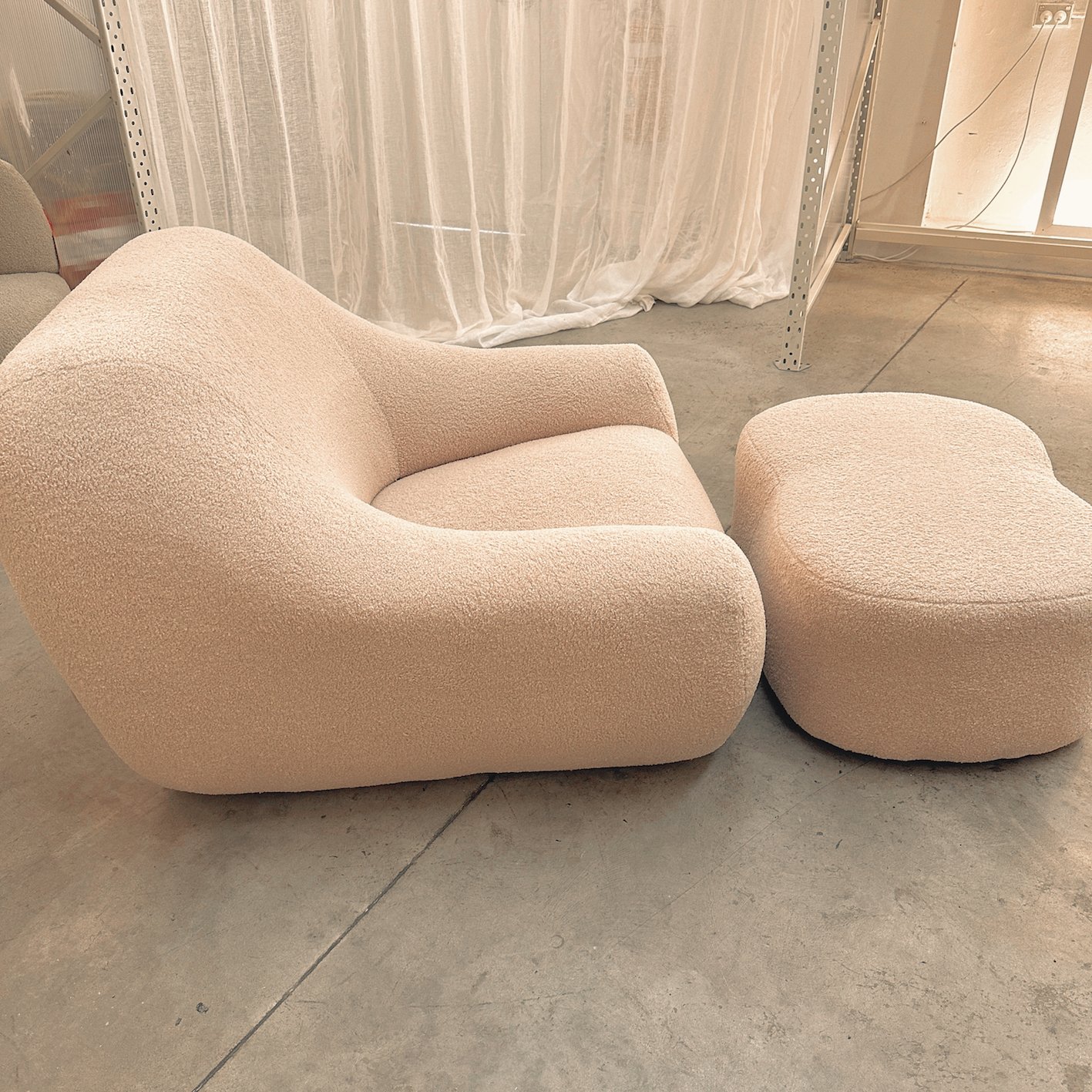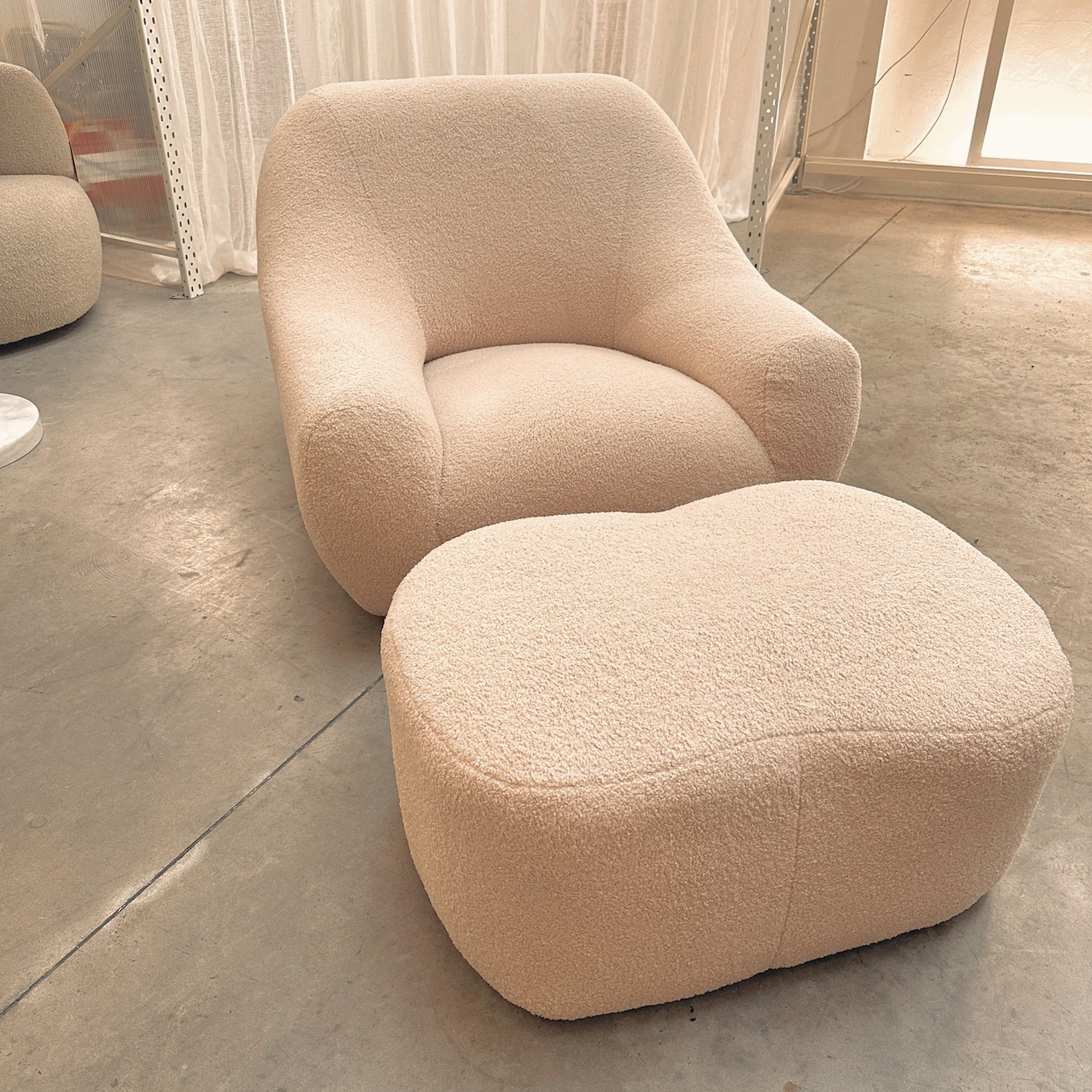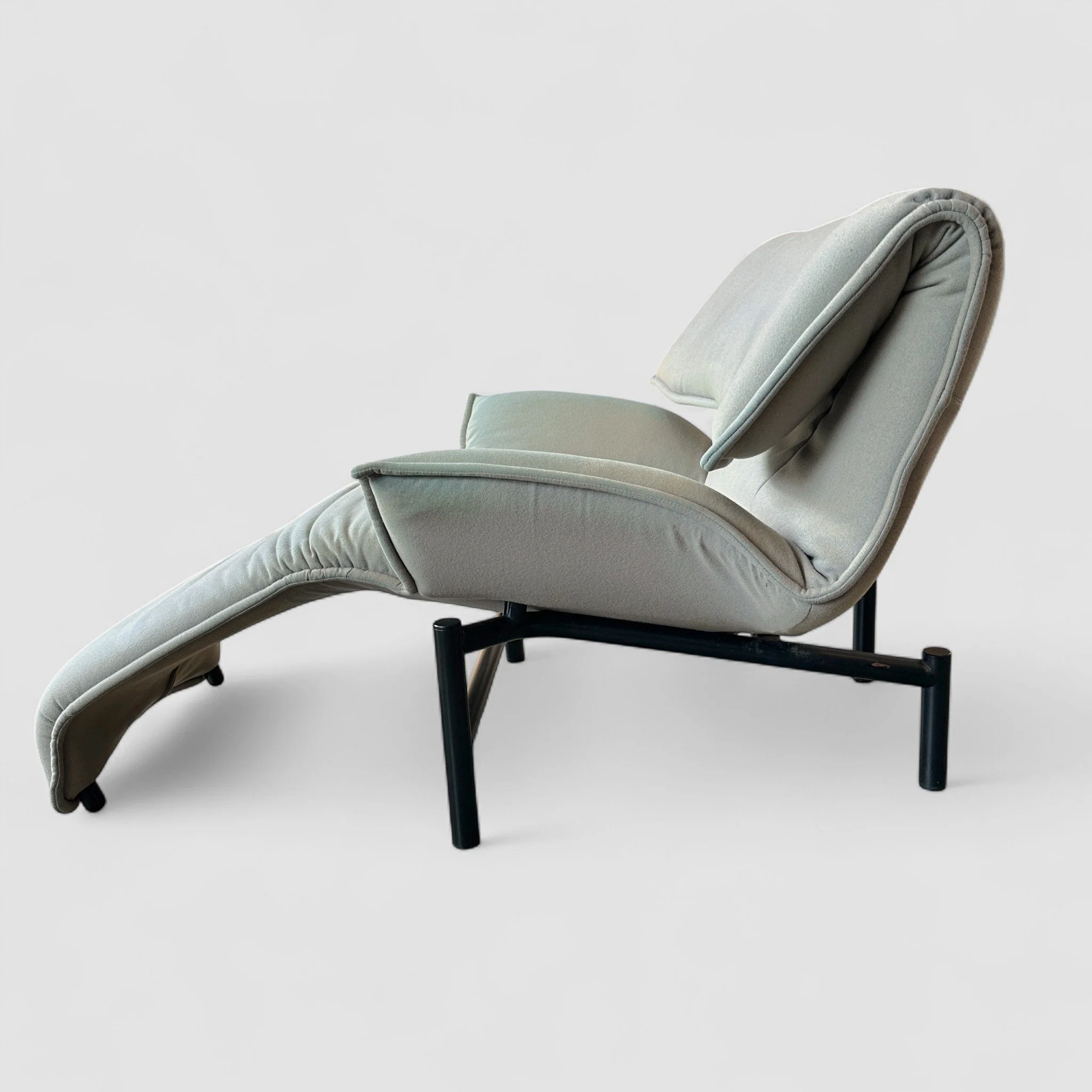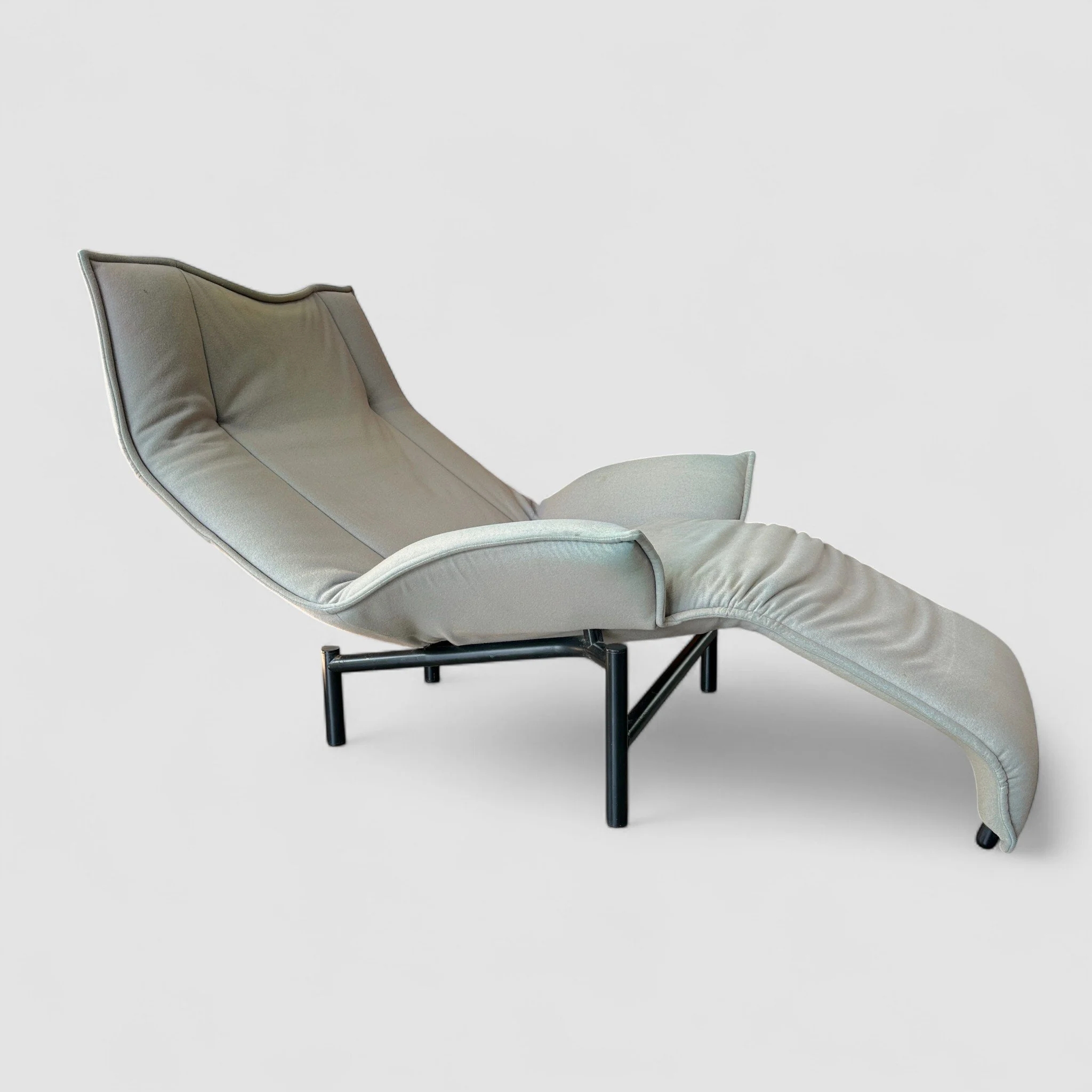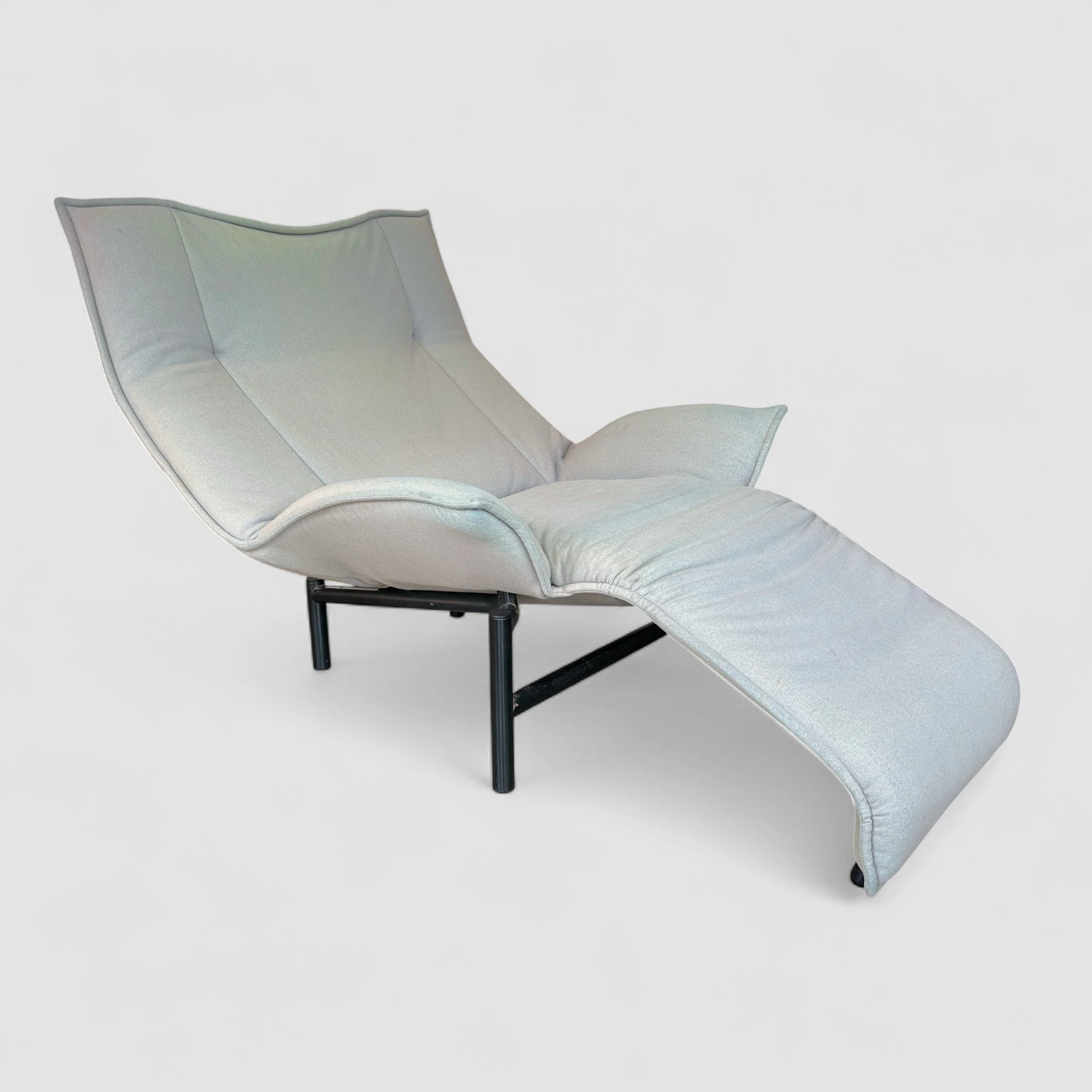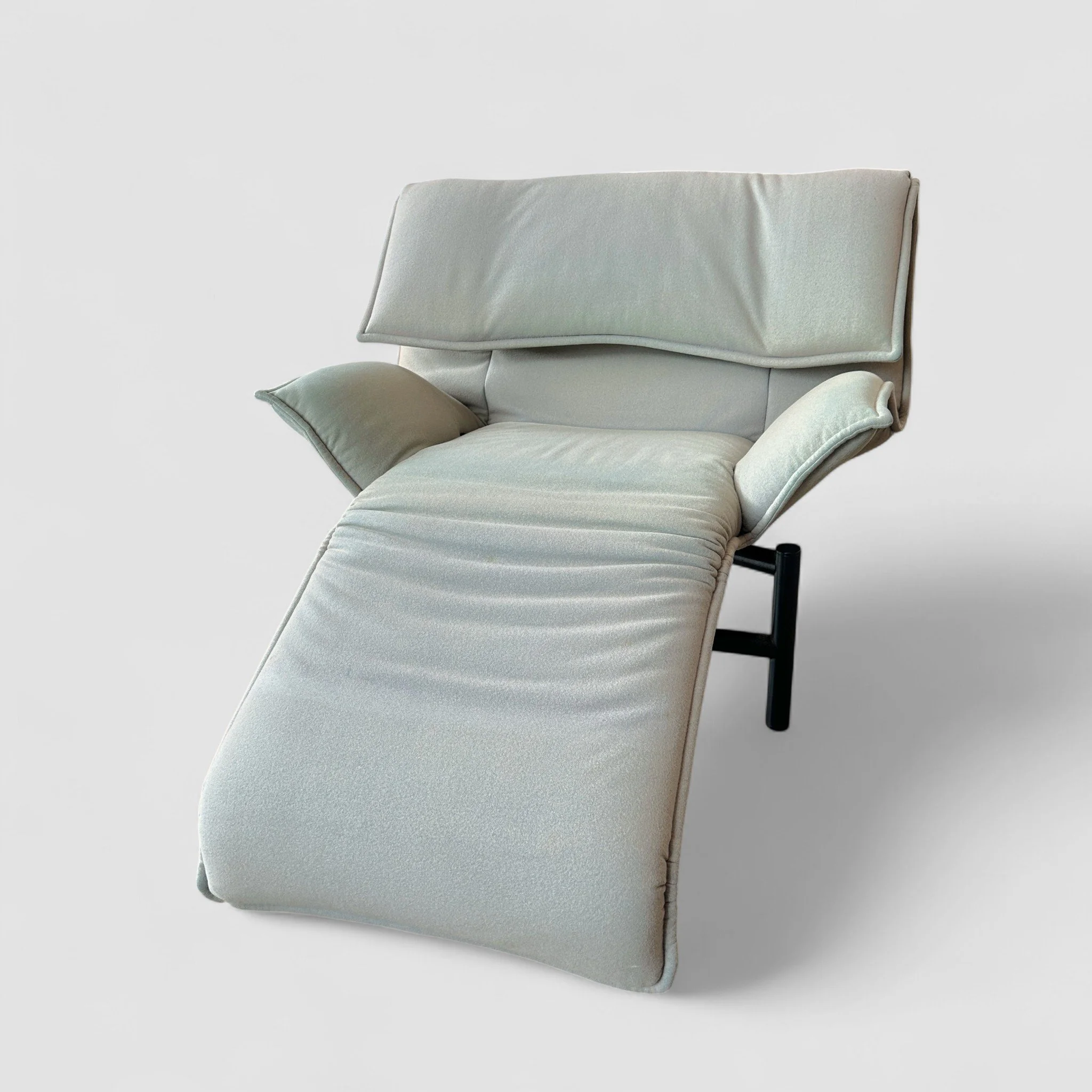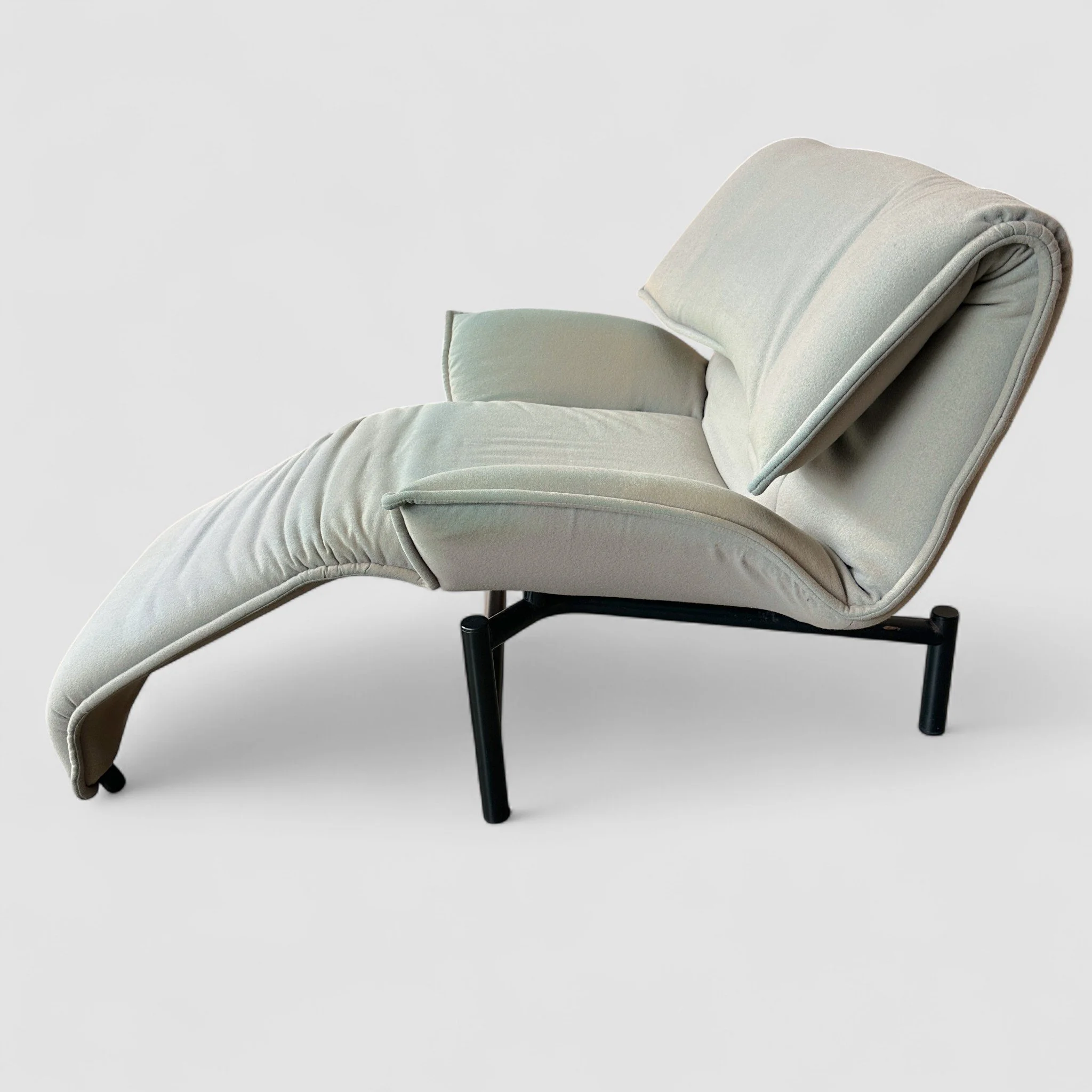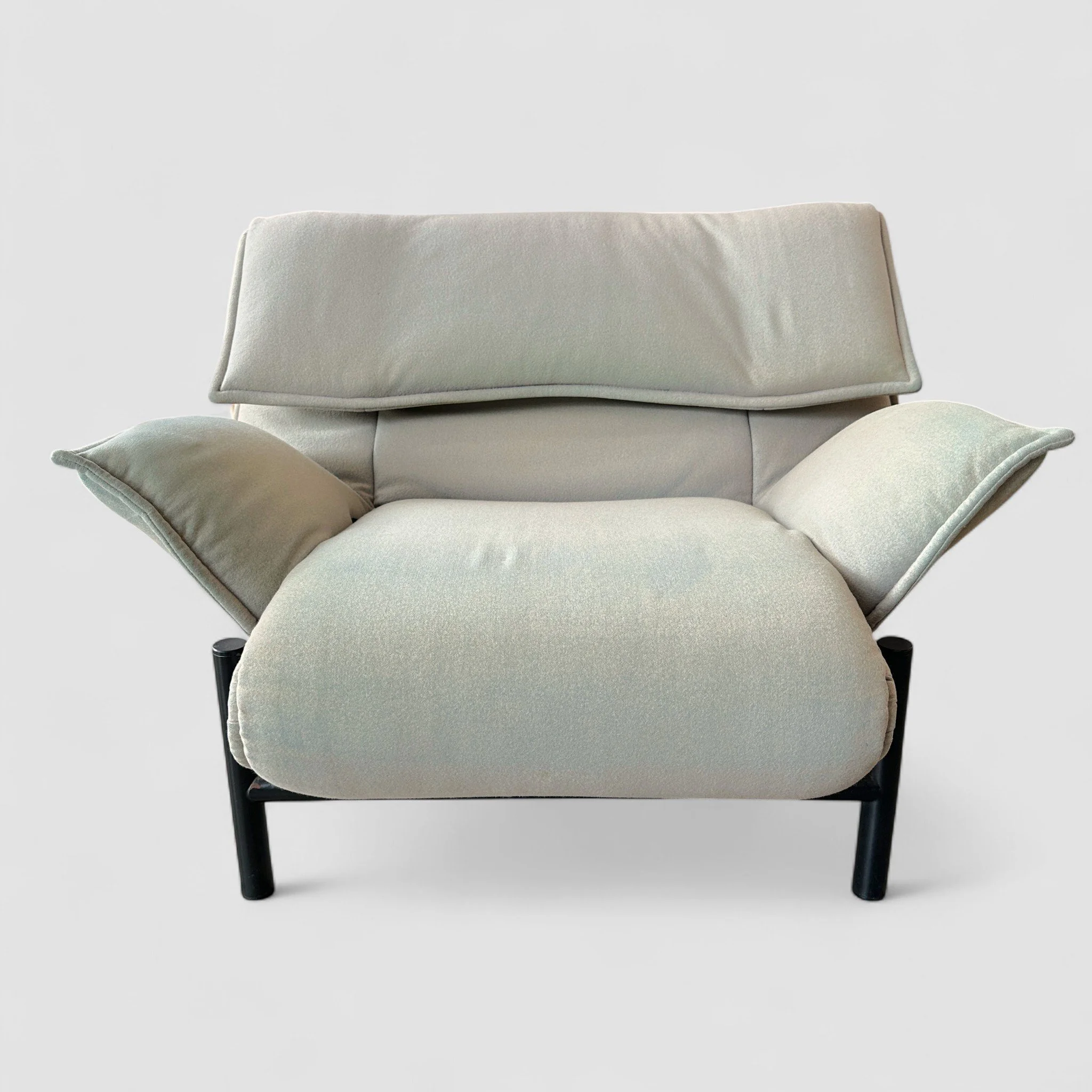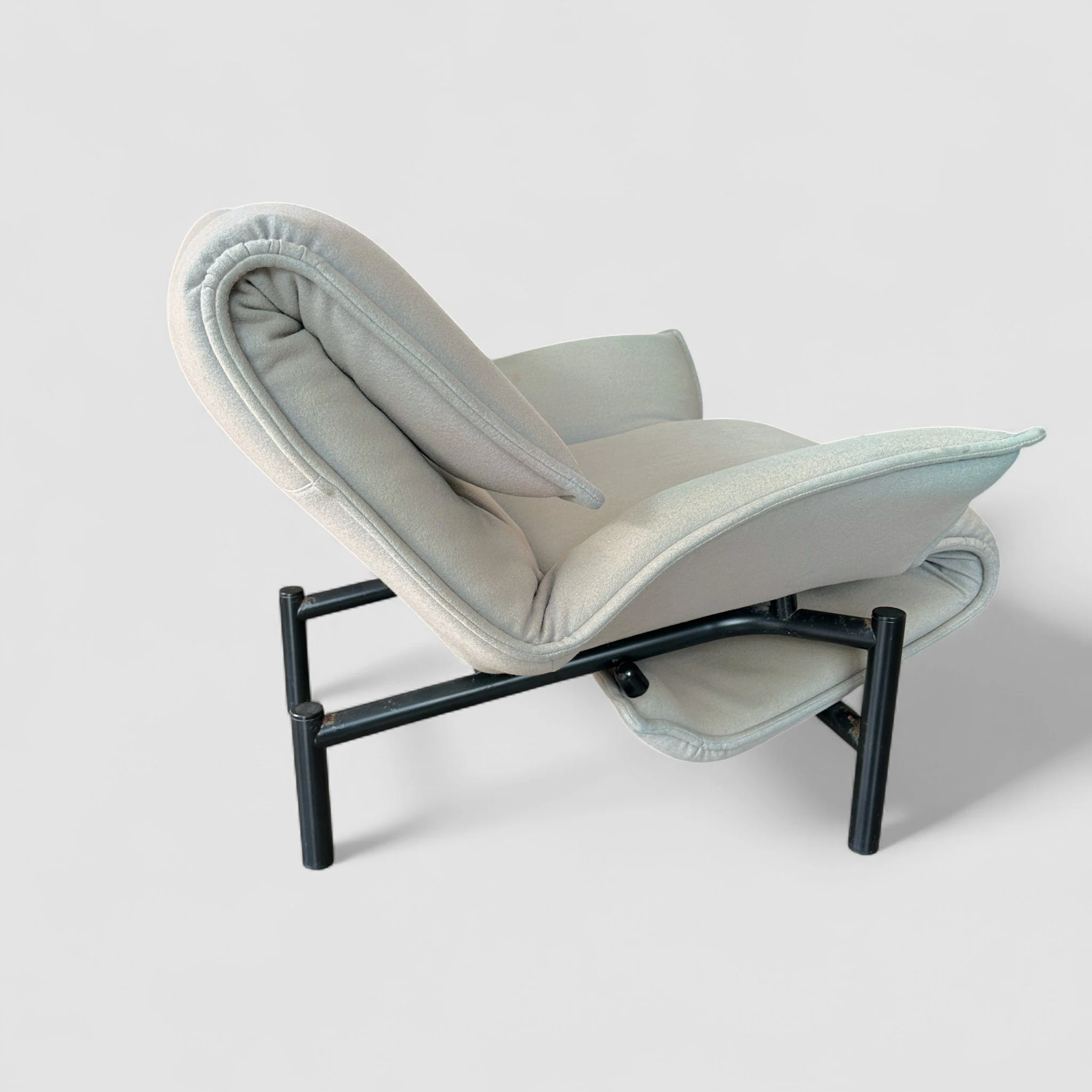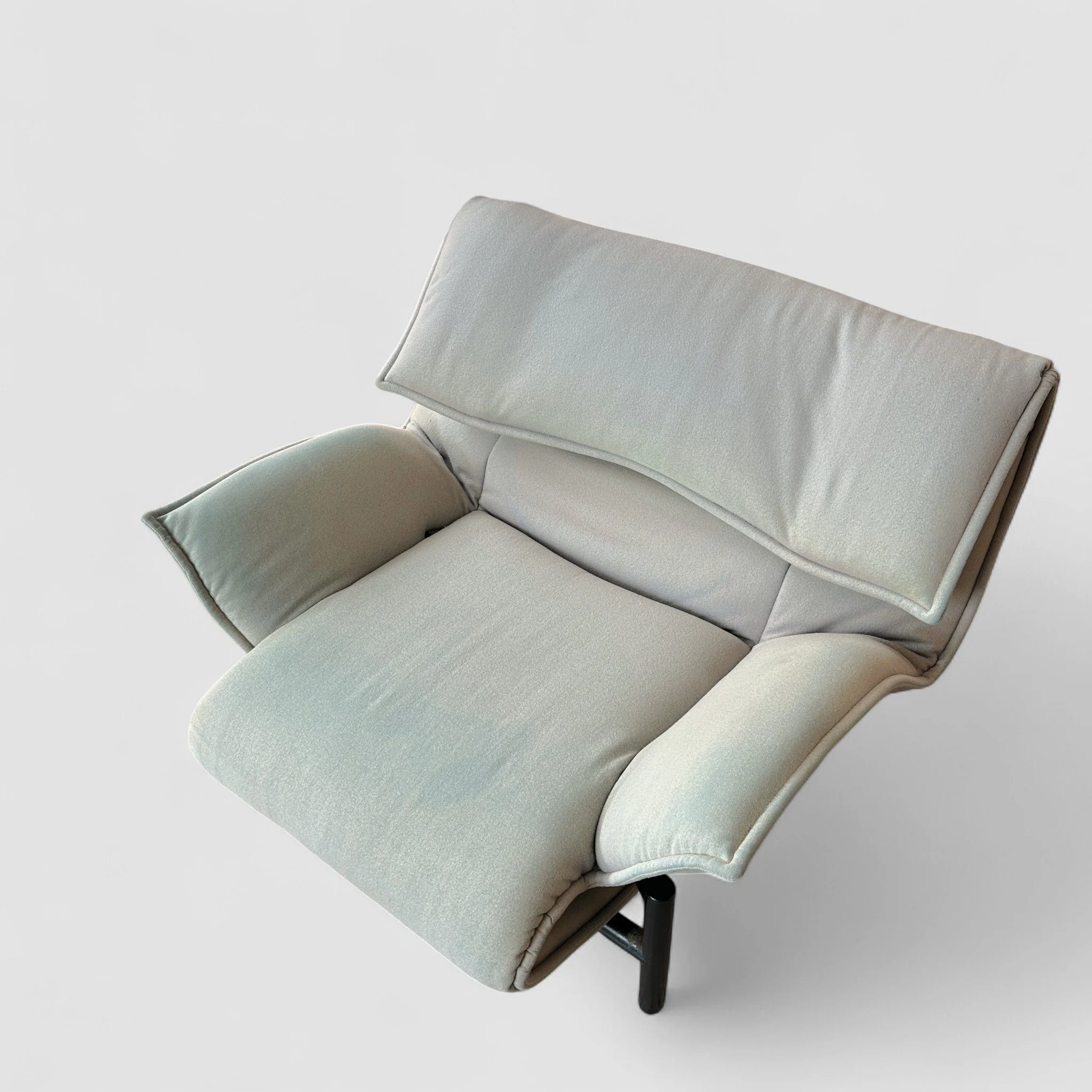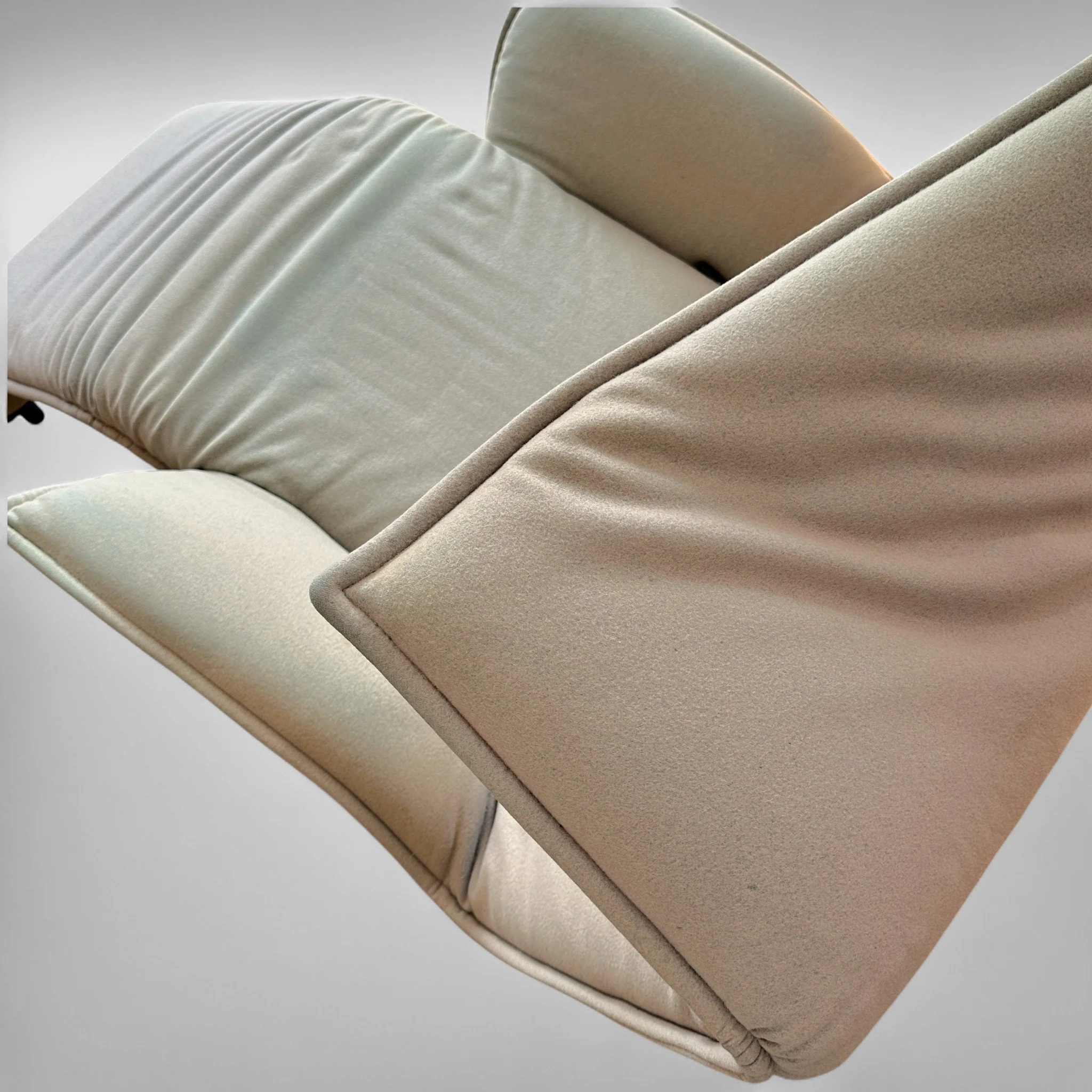ABOUT THE DESIGNER
Rodney Kinsman
Rodney Kinsman (b. 1943) is one of Britain’s most influential post-war furniture designers, known for his stripped-back aesthetic and rigorous commitment to functionality. In 1966, he co-founded OMK Design, a studio that quickly established itself at the forefront of British modernism. OMK became renowned for creating furniture that was not only visually striking, but also engineered to withstand heavy, everyday use in both private and public environments.
Kinsman’s designs reflect the optimism and experimentation of the late 1960s and 1970s, when tubular steel, modular systems, and bold geometries were being embraced in homes, offices, universities, and transport hubs. His work was unapologetically modernist, yet always human in scale—bringing comfort, utility, and style into alignment. Over the decades, pieces like his Transit seating system for airports, the Tokyo chair, and the Verona sofa became staples of the international design landscape, embodying a rationalist vision of form following function.
The T2 Armchair (1967)
Among his earliest and most enduring creations, the T2 Armchair perfectly captures Kinsman’s design ethos. Launched in 1967, the chair is built around a tubular steel frame, its rectilinear outline softened by generously upholstered cushions that appear to hover within the structure. The interplay of steel and textile creates a tension between industrial precision and inviting comfort, a hallmark of Kinsman’s work.
While simple in construction, the T2 achieves an elegant clarity: the cushions slot into the frame with clean lines and minimal fuss, while the exposed steel celebrates the honesty of its materials. This duality made it a favourite for both private interiors and contract settings, where durability and timeless style were equally valued.
More than half a century on, the T2 Armchair continues to resonate with collectors and modern design enthusiasts alike. Its graphic silhouette, ease of use, and enduring comfort secure its place as a classic of British modernism—an emblem of Kinsman’s ability to make rational design both practical and desirable.


